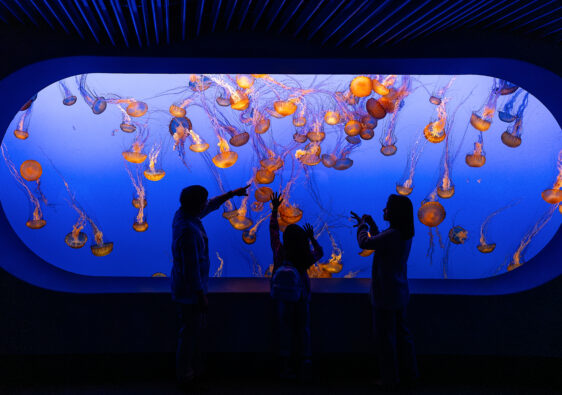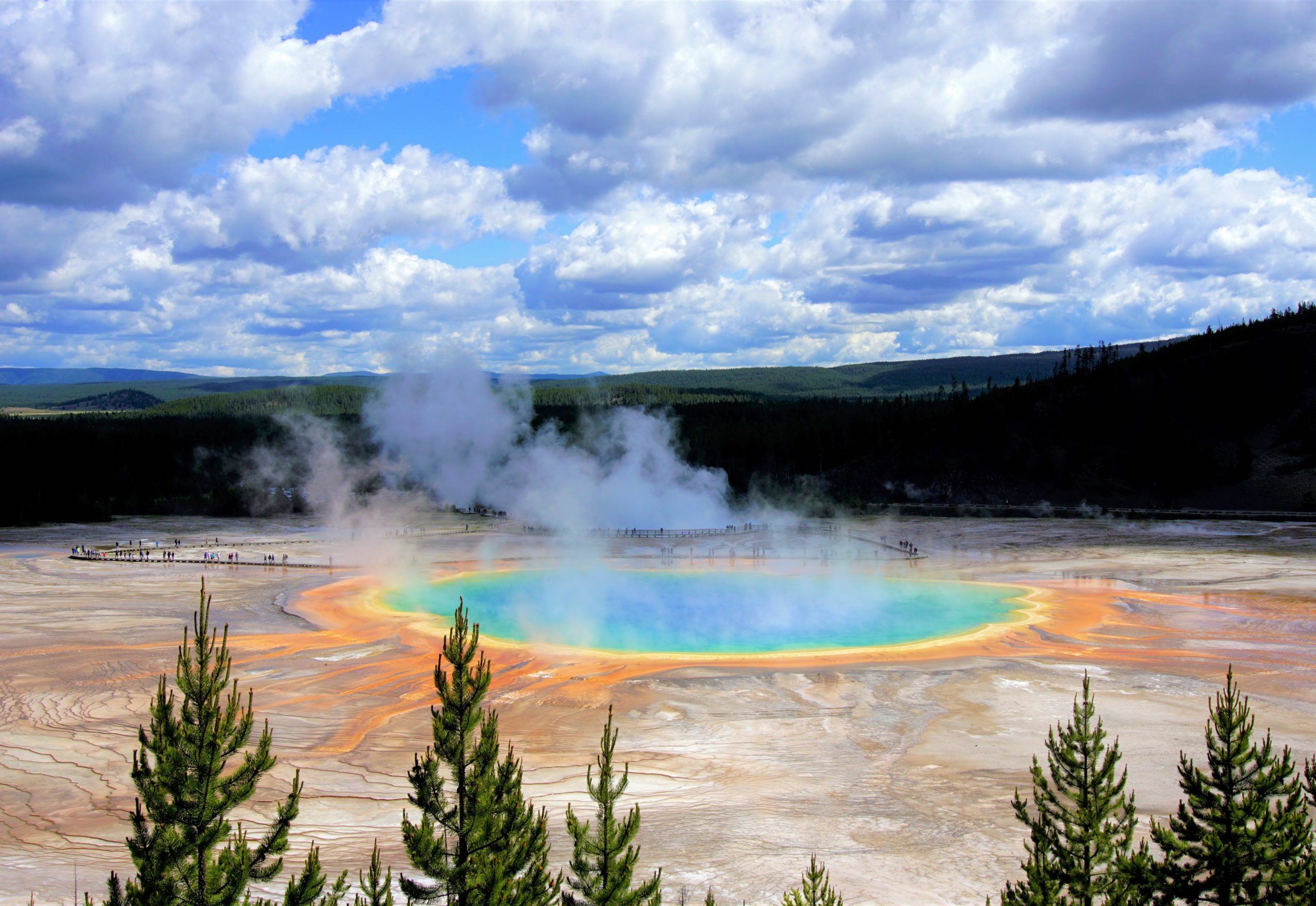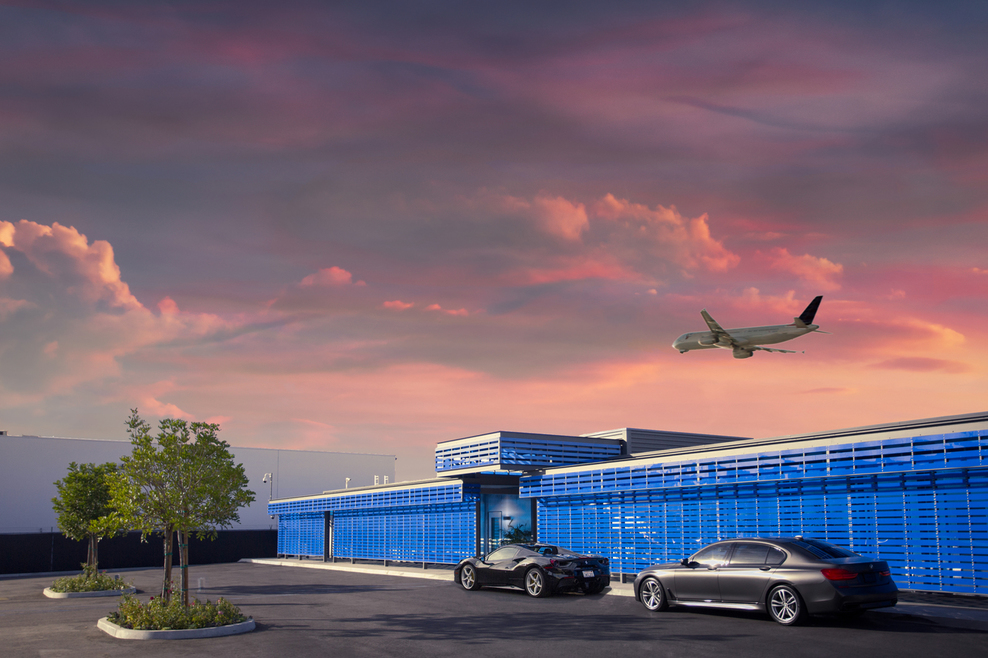The Michinoku Coastal Trail is a remarkable achievement that stretches over 1,000 kilometers from Kaburajima in Hachinohe City, Aomori Prefecture to Matsukawaura in Soma City, Fukushima Prefecture. The trail has been opened in stages and completed in 2019, offering visitors breathtaking views of the Pacific coast and connecting the lives and culture of the region’s residents with its natural environment. It is a prime example of the efforts being made to promote tourism, agriculture, and other industries in the region.

The Michinoku Coastal Trail connects various initiatives and cultural sites along the coast, providing visitors a unique opportunity to witness the region’s natural beauty and cultural heritage while showcasing its resilience and post-earthquake progress, allowing visitors to witness firsthand the region’s recovery efforts. It serves as a symbol of hope and recovery, reflecting the power of nature, human ingenuity, and community spirit. As the world faces increasing risks from natural disasters and climate change, the Michinoku Coastal Trail emphasizes the importance of disaster reduction and preparedness.
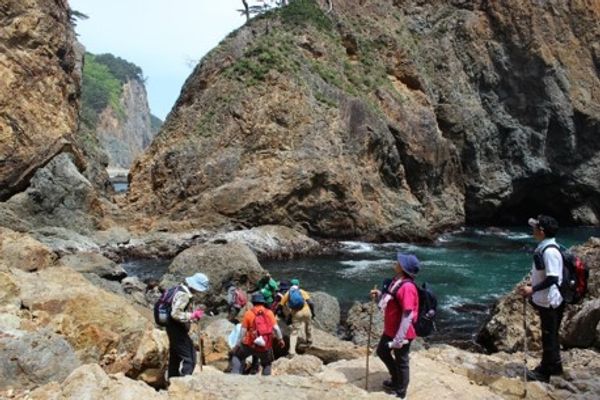
Visitors to the Michinoku Coastal Trail can witness the resilience of communities impacted by past disasters and explore sites like Ukedo Elementary School to learn about local history, culture, and disaster prevention. The trail symbolizes hope as communities work together to rebuild, recover, and prepare for future challenges.
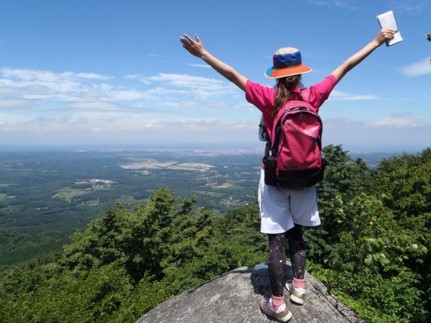
The Sendai 3.11 Memorial Exchange Center and the Sendai 3.11 Memorial Community Center are both important facilities that serve as gateways to the eastern coastal area of Sendai, where the Great East Japan Earthquake and tsunami caused devastating damage. These centers are not only places to learn about the disaster, but also to convey the history of the region, the memory of the disaster, and the lessons learned from it to the world.
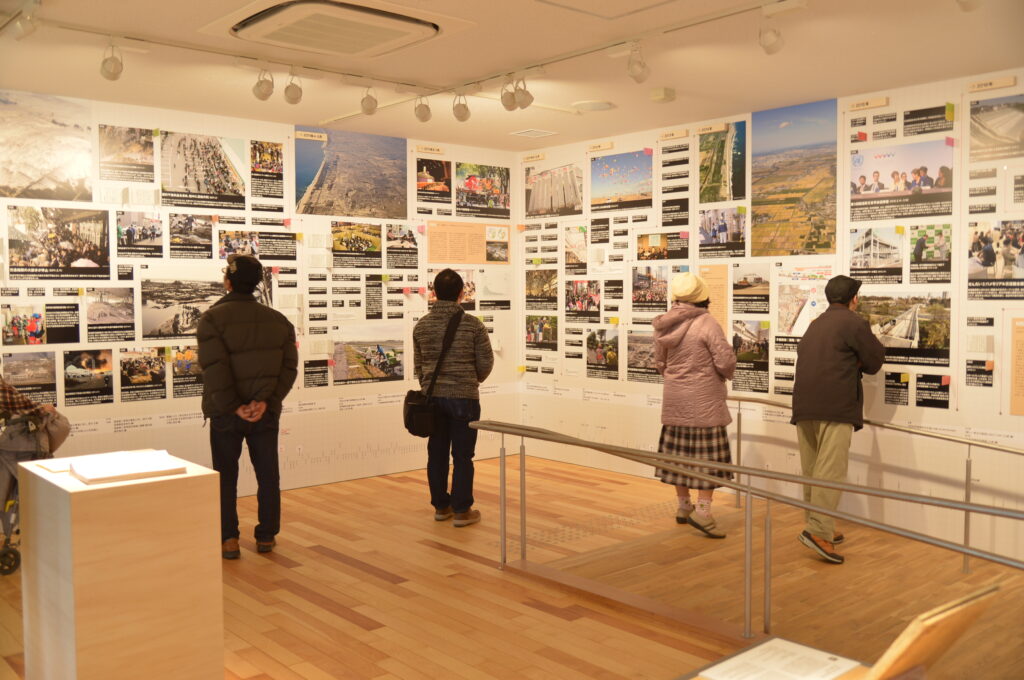
Through various exhibits, workshops, and events, these centers aim to communicate the wisdom and lessons derived from the disaster to future generations. They serve as a reminder of the importance of disaster preparedness and resilience, while also offering hope for the future.
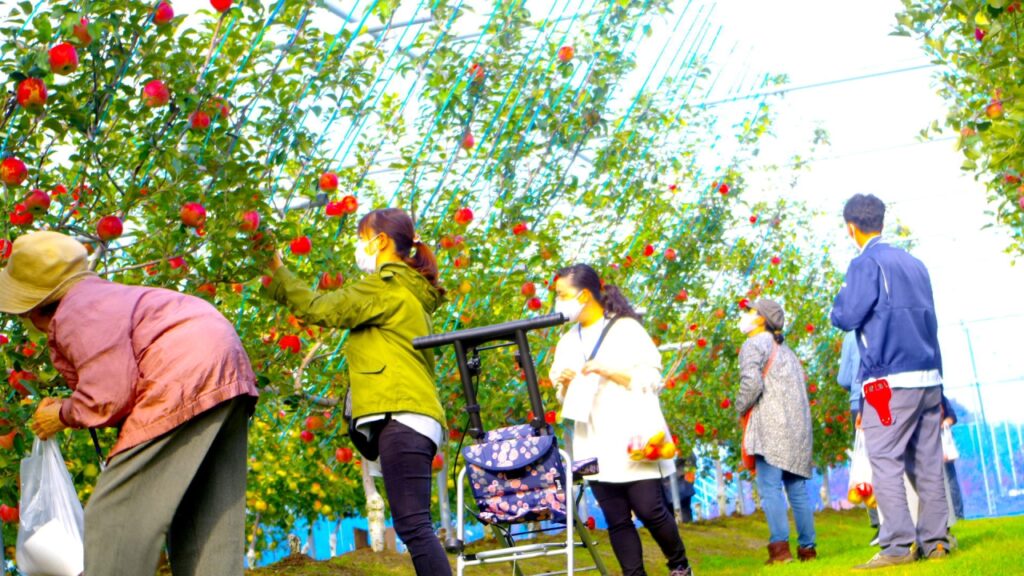
The Michinoku Coastal Trail takes visitors from sites marked with remnants of disaster to beacons of hope for a better future. The opening of the JR Fruit Park Sendai Arahama, while not necessarily traditional for the area, is part of efforts to promote agriculture and generate income for the area. Using advanced technology, the park offers more than 150 varieties of eight different fruits, including apples and grapes. Visitors can pick fresh strawberries and blueberries, and in 2022 the farm expanded to include eight more types of fruit year-round, many of which can be enjoyed at the park’s cafe/restaurant, which serves dishes made with seasonal fruits and vegetables.
Photos courtesy of TravMedia
